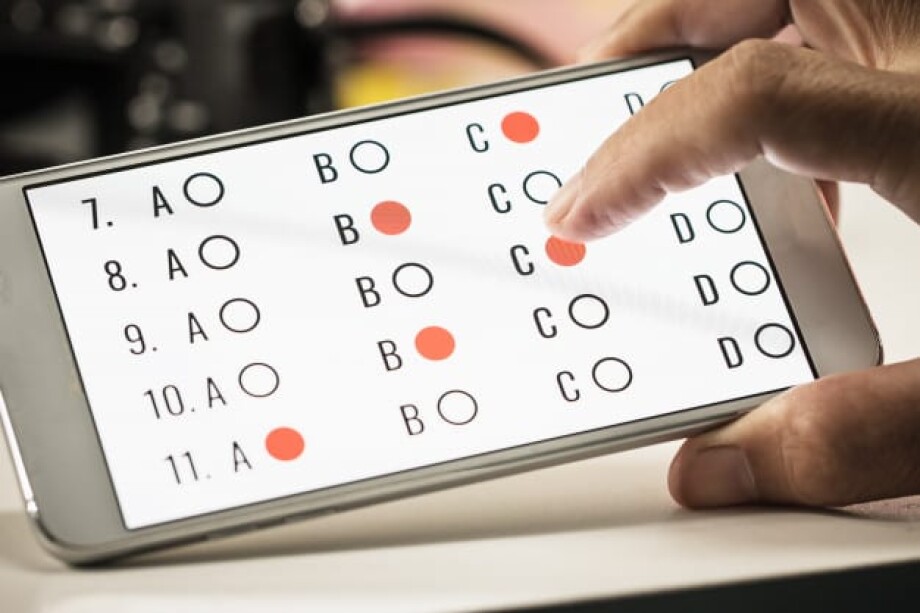Teachers often think of a way how to get their students more involved in English or how to arrange an exciting event in English. One of the answers to these requests can be holding a quiz night (or a lesson). Playing a game together helps your students revise their knowledge, plunge into English and have fun. The article is based on my takeaway from IH Minsk Conference 2019, session by Tanya Shmanovskaya “Everything about Quizzes”.
- Title, topic and background
Name is the first thing to get your students engaged and the more memorable it is, the more appealing it is, the more chances the quiz has to succeed. Try using in the name famous film characters, TV-shows or series to catch their interest or it can be something short, funny and catchy like Summertime Madness, Knowledge Maniacs, St. Patrick’s Bunny, Autumnification, Back on Track.
As well as with a lesson, a quiz can be theme-based (e.g. you’ve just completed a unit on “Crime” and want to check their vocab, grammar, TL). However, this theme can be quite wide, e.g. ‘Hello Summer’ or ‘Summer soon’ or ‘Harry Potter’. It can be activity-based, like ‘Sing Summer’, which is more likely to appeal to music-lovers.
Another key to success is being aware of your audience’s background, such as their age, strong and weak skills, interests, and going with it. You might be not a fan of ‘Games of Thrones’ though once your students are keen on it, a quiz based on this legendary series must work much better than one based on a good old western.
- Variety
For the quiz, include videos as well as songs or just audios, pictures and realia to provoke them to think and have fun. There can be some categories according to the type of task. Here are some ideas what you can do with 3-4 basic options in the question:
a) choose one or more appropriate answers;
b) exclude one that doesn’t suit;
c) match pictures/ words to their definitions/some facts (‘name it’);
d) put in the correct order according to some principle;
e) match the correct transcription to the word (‘say it’);
f) decide on the type of accent the speaker has (‘watch it’) or provide their own answer. - Simplicity
Make sure the instructions what to do at each step are ‘stupid-simple’ and students don’t waste time trying to figure out how to do that. Play one question as a demo, ask ICQs and only then get it started. - Checking
Are you going to check after every question, after a round/a series of questions or in the end. It works better to have a few rounds with a break after each and collect the answers. The participants have to be provided with answer sheets and pens, extra paper. - Venue
Considering the venue offline you have to cater for providing enough seats, arranging places for teams (in case you have some, 4-6 people in one would work best), food and drinks. Online platform should have enough visitors’ capacity as well as perfect speed. - Categories and Timing
A quiz shouldn’t take much longer than an hour. A 60-minute quiz might be divided into three rounds about 15 minutes each plus bleaks. A 40-minute lesson might have three rounds about 10 minutes each. Set the time to think over each answer- make the clock/countdown visible for the audience, or it can even have sound effects.
Some of the categories that can be used are: BrAm (British or American), Name it (picture + words), False Friends, Idioms, Slang, Homonyms, Mistakes, Say it, Watch it. Each category, as a rule, contains 7 questions. Overall, there can be up to 70 questions. - Date
Deciding on the right date can contribute to your quiz popularity. The best weekdays are Wednesday and Thursday, as on Monday getting back to work people might have fewer opportunities to come as well as on Friday to Sunday, which have turned out to be the least popular, since going away or “parting hard’ at the weekend. Check for any international football matches or a new season release. - At hand
You might probably keep some extra answer sheets, paper, scissors, pens or markers, batteries, cards with questions prizes all by yourself in your bag or on the desk. However, a helping hand would do much better, someone you can rely on. Once a quiz is online, there must be someone for technical support. - Awards
Announce how many points are being awarded for each correct answer (you can vary points according to the task difficulty. What kind of award is provided in the end? These can be a cake for a winning team and some cookies with a logo for the 2nd and the 3rd places. Teens might find a pizza more appealing. - Materials\ resources
There is a number of resources to help you construct your own quizzes, such as myquiz.ru, adme.ru, buzzfeed.com, idiomland.com. You may also do a search for most/top surprising facts about…, most common/ top mistakes or just puzzles.






 Маргарита Аветисян
Маргарита Аветисян 
 Вероника Аветисян
Вероника Аветисян 


